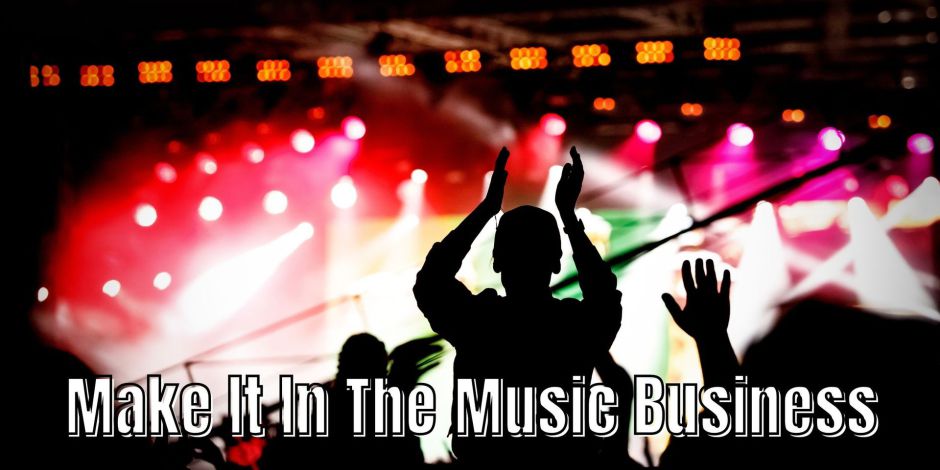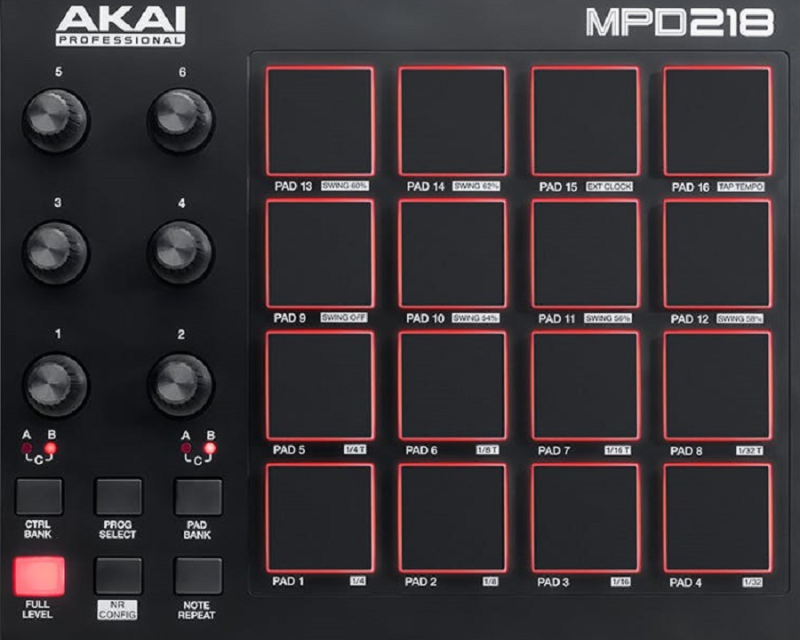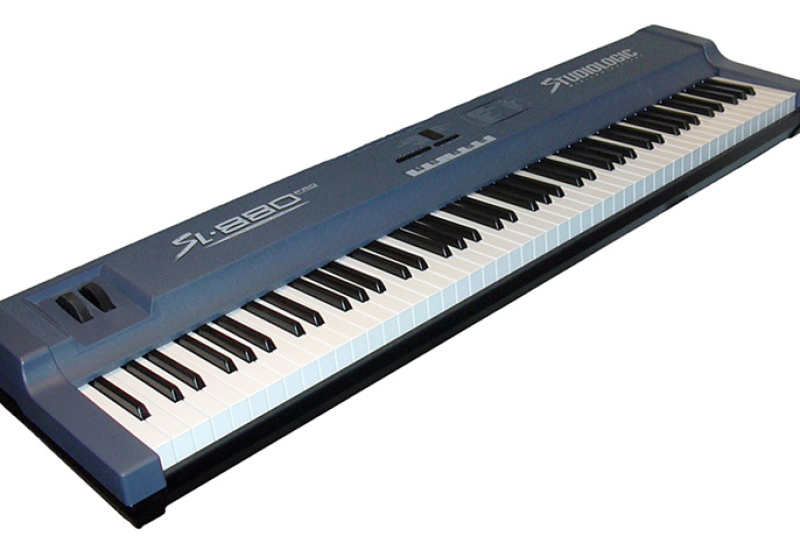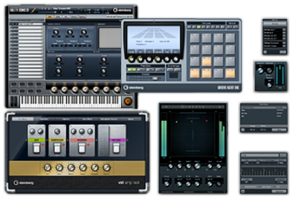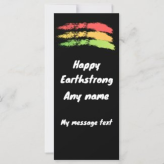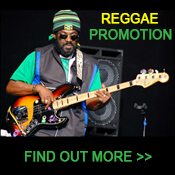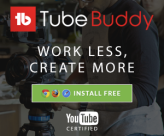Why Music Makers Needs Piano Keyboard Skills
Do you want to play any instrument? Do you want an endless choice of instruments for your music productions? Then having some piano keyboard lessons will deliver more instruments to your repertoire than you will ever need.
When I first started out on my Dingazz Music project I knew when it came to instrumentation and musicianship the options were collaborate, outsource or do it all myself. These options are not mutually exclusive and nowadays, whether you are in a band or not, there are plenty of platforms for musicians to collaborate. But collaboration and outsourcing would likely reduce how far the budget went. This is one of the areas in music production where having piano keyboard skills is a real benefit.
The digital music production era has given, in my opinion, creativity a greater voice because in many genres the emphasis on great virtuoso musicianship is not now the barrier to success it once was. The capability to reproduce the sound of traditional real-world instruments and manipulate them through a controller such as a piano keyboard has enabled creatives to turn their ideas into a musical production.
So those piano lessons you may have had as a kid will now stand you in good stead. In any case, learning to play the piano keyboard, even to get some basic proficiency, is worth the investment for the improved economics it can give to your music making.
MIDI Controllers
I have had many discussions about technology and musicianship, virtual instruments and keeping it live. I am sure you have your own views on this topic. But at the end of the day technology now enables us to produce new sounds and mimic 'real' instruments. The genie is out of the bottle so let's use it to make our dreams come true.
So the centre of modern music production is the DAW (Digital Audio Workstation) which is:
'An electronic device or application software used for recording, editing and producing audio files.'
source: Wikipedia
If you are using virtual software instruments you will also be using a controller which is a kind of creative hub and message centre. The most common controllers are MIDI controller pads or MIDI keyboards sometimes called a master keyboard.
In my opinion, if you really want to have more creative dexterity over your music production then a master keyboard is the way to go. Although many of the better models also have a set of inbuilt pads. If you decide to use a keyboard controller, then having at least basic piano keyboard skills is a must. Having intermediate keyboard skills will improve your efficiency even further.
Of course, there is a place for both in music production and depending on your genre you may find that pads suit you better. If you are, in any case, already proficient in playing the piano or keyboards, you will find those skills a real advantage. In the end, it is a personal choice.
MIDI / Master Keyboard
So let's assume that you fancy yourself as a keyboard player and you are planning to skill up as a master keyboard is going to be part of your recording set up. What's so special about a master keyboard? Well, it can receive and send MIDI messages (Ok, I know. I'm not going to go all techie on you just a little bit of tech info). So what is MIDI?
'MIDI is a technical standard that describes a communications protocol, digital interface, and electrical connectors that connect a wide variety of electronic musical instruments, computers, and related audio devices for playing, editing and recording music.'
source: Wikipedia
So, in short, it is a way for audio devices and software to communicate and send information about the sound that is generated.
Back to the master keyboard. A master keyboard normally has very few built-in sounds and commonly has none at all. It is a MIDI controller and has other functions that can make changes to the MIDI messages it receives or sends. For example, these can be, transposition, pitch bend, volume and the selection of a sound.
The selection of a master keyboard generally revolves around the available functions, the number of keys required i.e. full piano 88 keys or less, as well as the feel and response of the keys. These are all personal choices and will depend on your budget, available space and your piano keyboard playing expertise.
Virtual Software Instruments
So you are now wearing your composer hat. You've got some ideas for a melody and instrumentation and let's say your core skill as a musician is playing the guitar. As I have mentioned above there is always collaboration but, you look at your DAW and there are hundreds of instrument plugins, for example, percussion, horn sections, strings and ambient sounds.
What is a plugin?
'An audio plugin is any program that runs within a DAW. The most basic types of plugins are instruments (software synthesizers and samplers), effects units (reverb, compression, EQ etc.) and audio monitoring tools.'
source: quora.com
With your plugins activated you will be able to trigger the sound or instrument from your chosen MIDI controller. So, let's say you want some legato strings. With the relevant plugin from your DAW and your piano keyboard skills, you can now sound like a string quartet as the sound is triggered from the assigned keys.
If you are an Indie music maker with limited resources, you can see you'll be able to record your instrument tracks around your own availability and there is no extra hit on the budget.
How to play piano keyboard
I don't intend to teach you piano or keyboard skills but, I can say that basic keyboard skills have definitely enhanced my music production and I hope to improve on my current skill level. So how do you skill up?
Well, there is no need to have face to face piano lessons any more. You can buy teach yourself books of which there are many out there. However. I have found that finding a good online course is the best method. But piano keyboard learning aids are also an option.
With the best ones, you can gain a good basic level in a few weeks. You also find that the songs, runs and chords that you learn are a fountain of ideas. I am sure that a song you have heard has been the inspiration for one of your own projects or maybe inspired you to do a cover version. So, you gain much more than just the playing techniques.
The thing is you can take your new skills as far as you want. Just enough for your production needs or you may get the bug and add piano keyboards to your repertoire of instruments that you play, the choice is yours.
If you are interested in learning piano keyboard check out my course review page. So, remember, your competitors are likely to have keyboard skills so stay in the race.
Good luck
